Chinese electric start-up Byton has recently secured £385 million in funding to help it take on established players such as Tesla.
The company’s chief vehicle engineer is Irishman David Twohig, who formerly worked for the Renault-Nissan Alliance and won the Mundy Award for Engineering at this year’s Autocar Awards for his work on the Alpine A110. We caught up with Twohig at the Pebble Beach Concours event to find out more about Byton’s ambitious plans.
Where is Byton in terms of products?
“Getting close. Launch is committed for China in 2019, we’ll do North America a few months later and we’ll be in Europe at the back end of 2020. The plant at Nanjing is going ahead at a speed I’ve never seen in 26 years in the car industry. We’ll be building the first off-tool prototypes early next year.”
Will all Byton vehicles sit on the same platform?
“Yes. It’s not a sandwich construction like the Chevrolet Bolt, for example. We are very much leaning on established technologies — that’s why they hired guys like me, an old soldier from existing OEMs. We’re relying on technology you can scale with minimum investment, and the plant in Nanjing is set up to do that, to do different wheelbases with all vehicles built on a single line.”
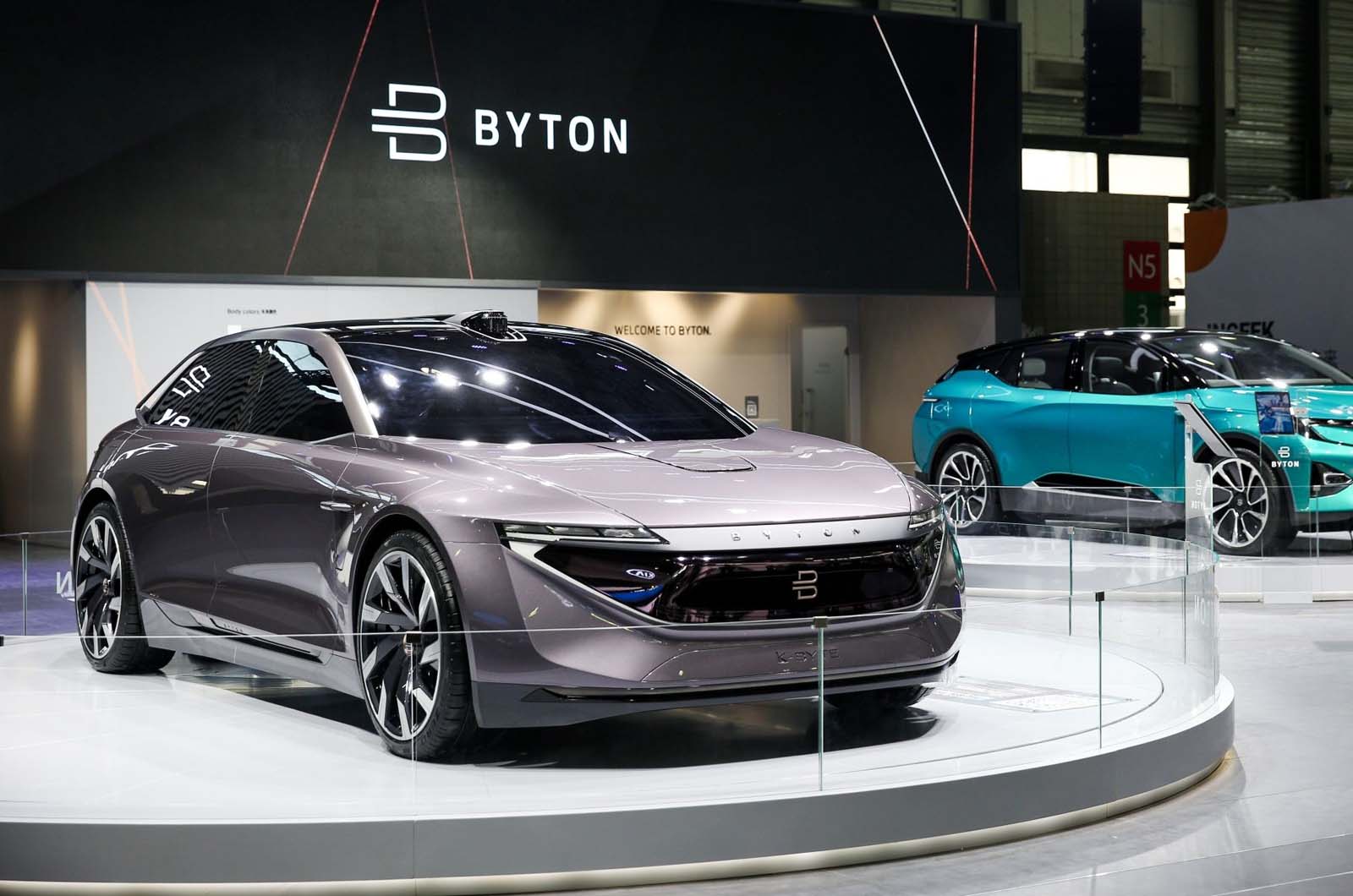

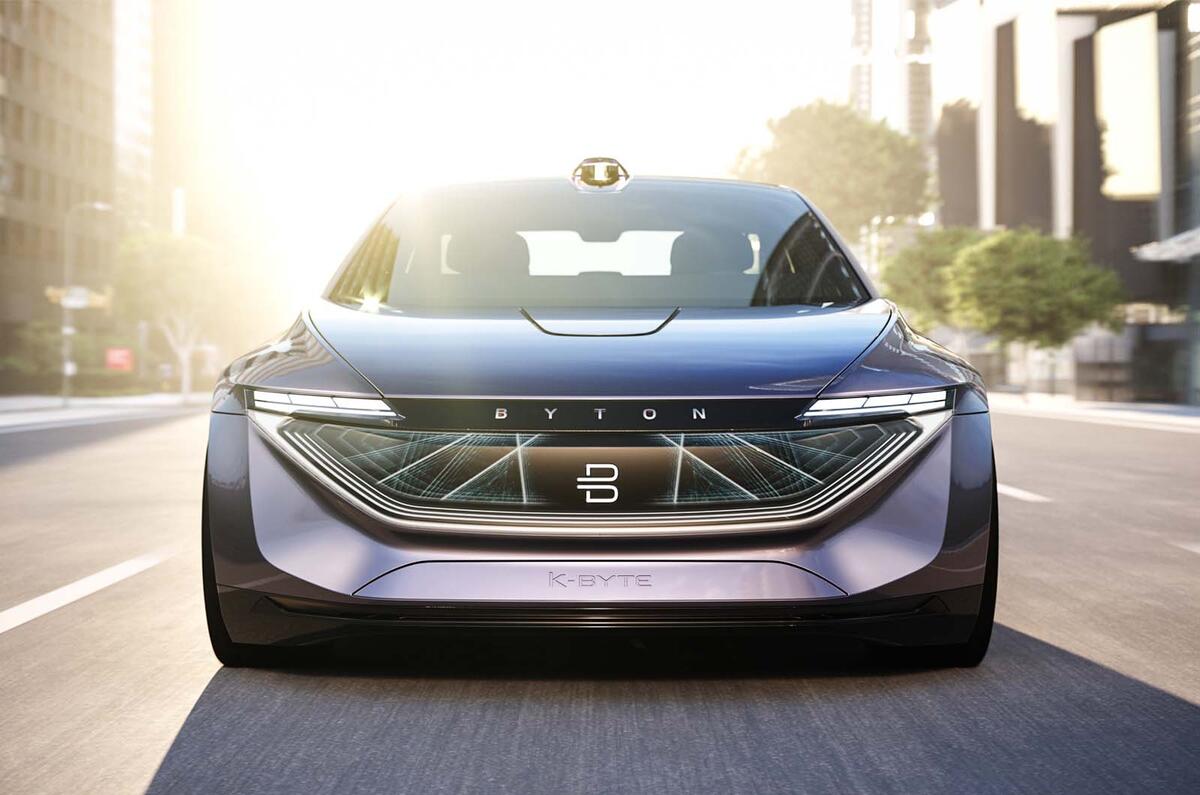

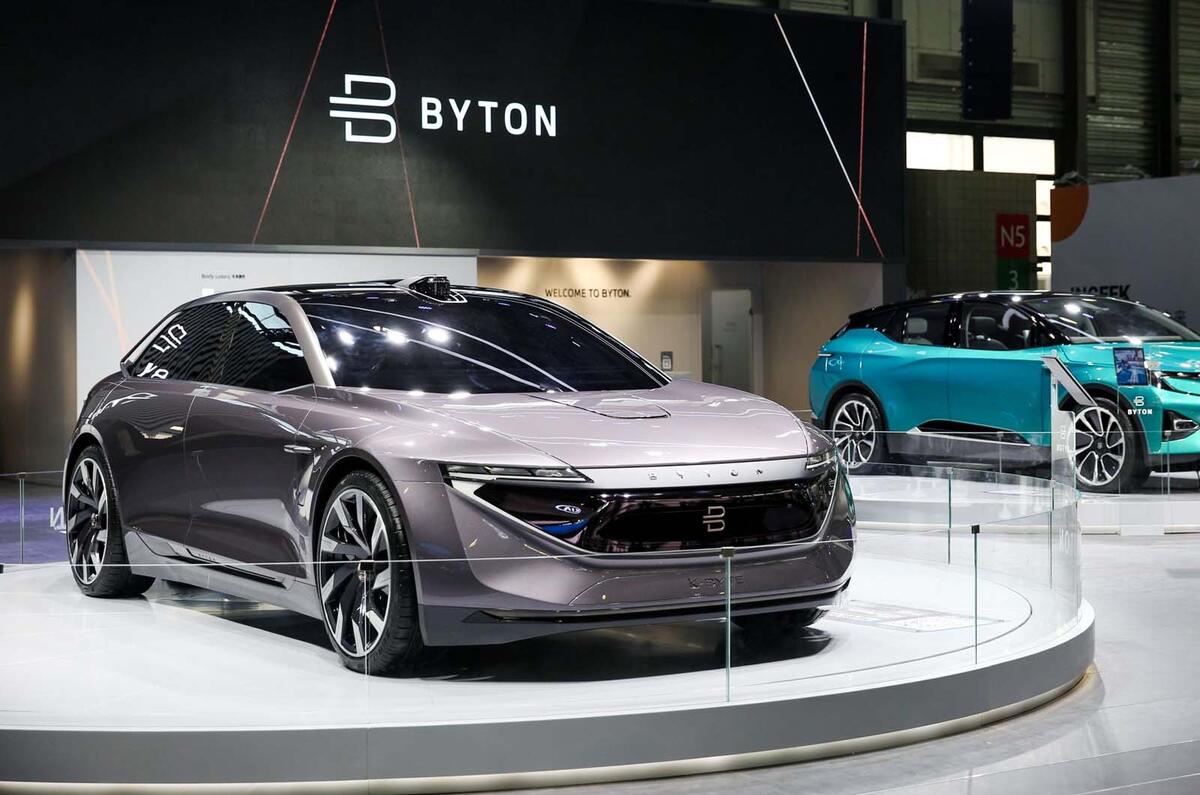
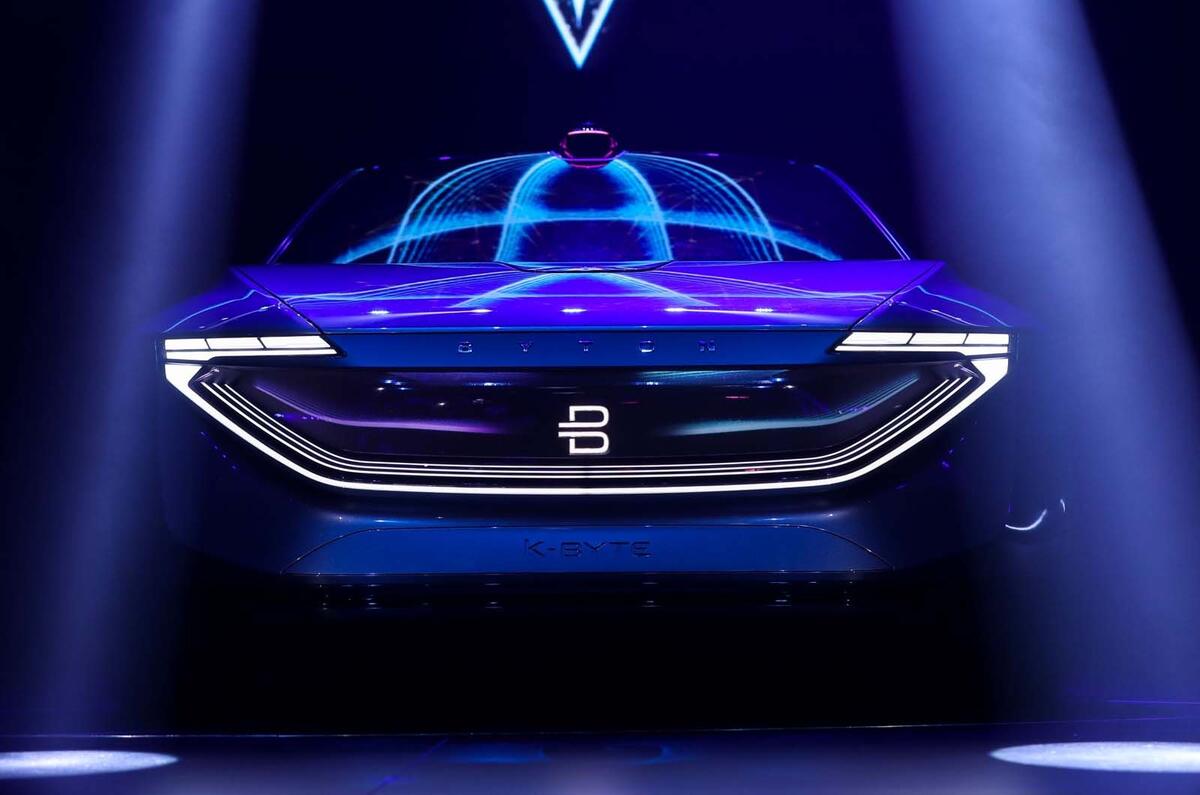
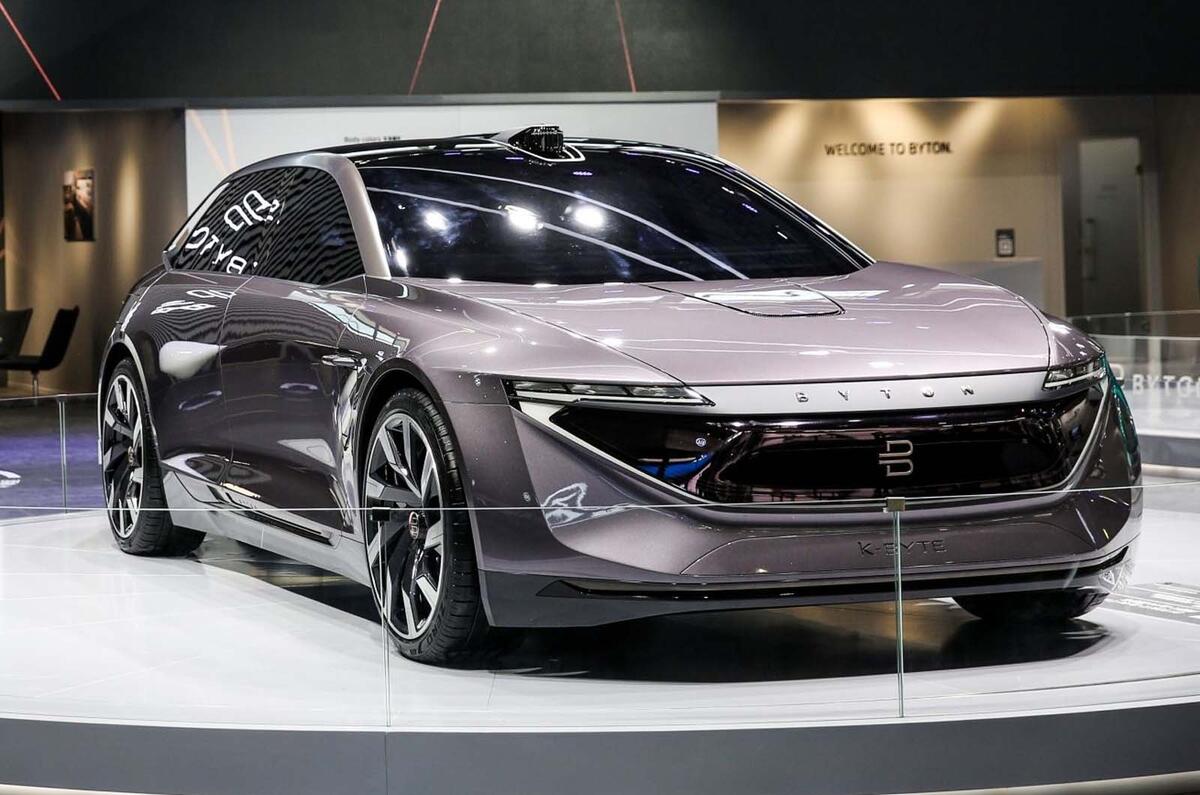
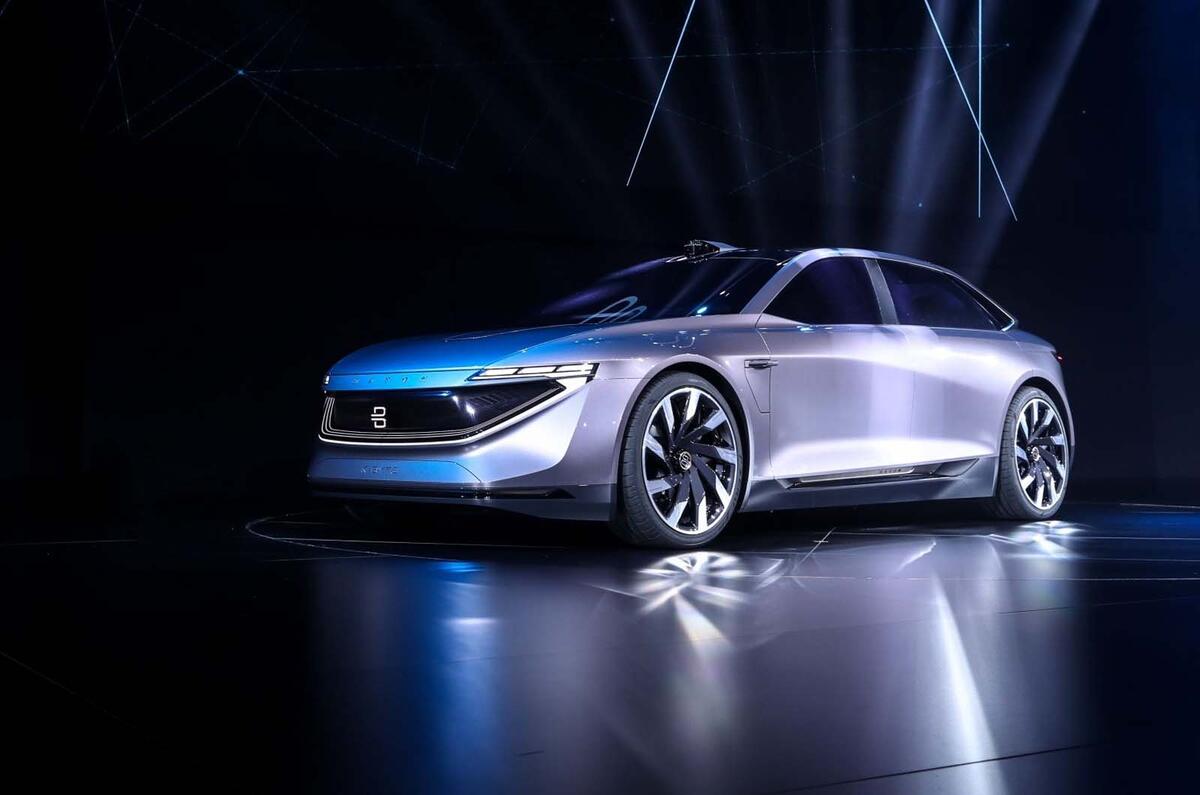
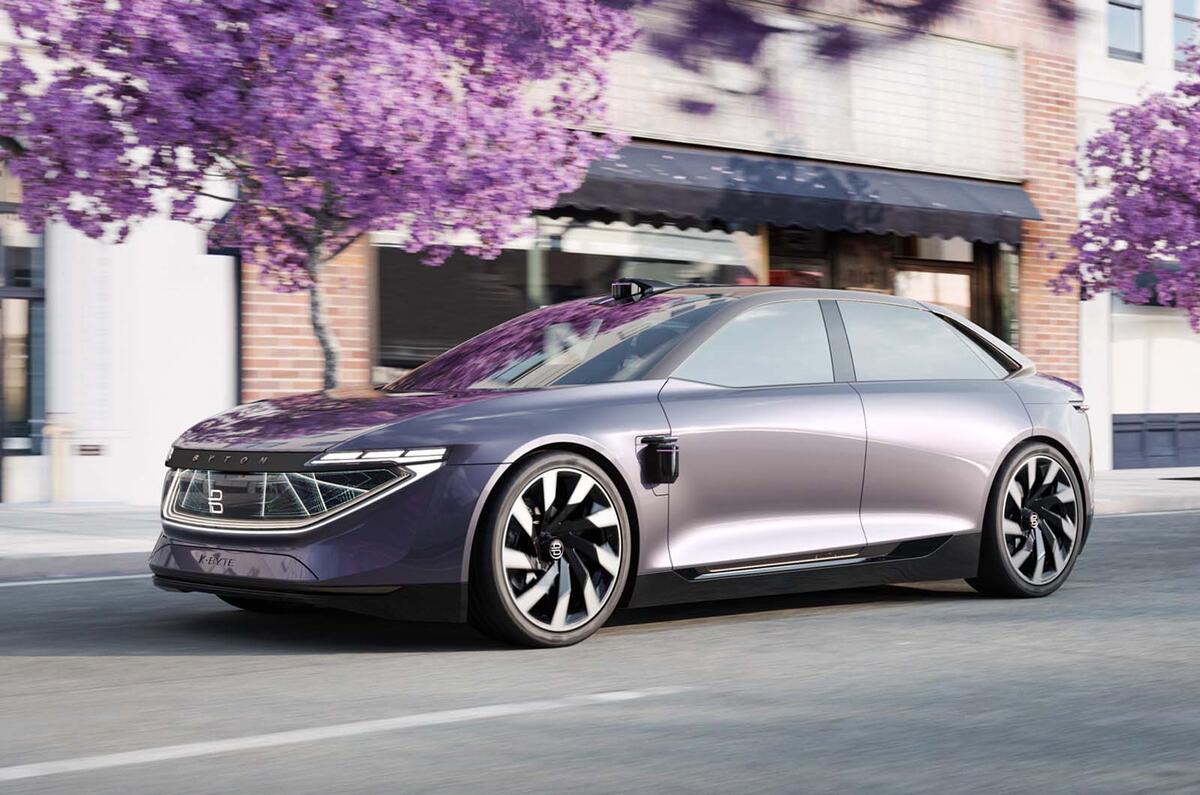
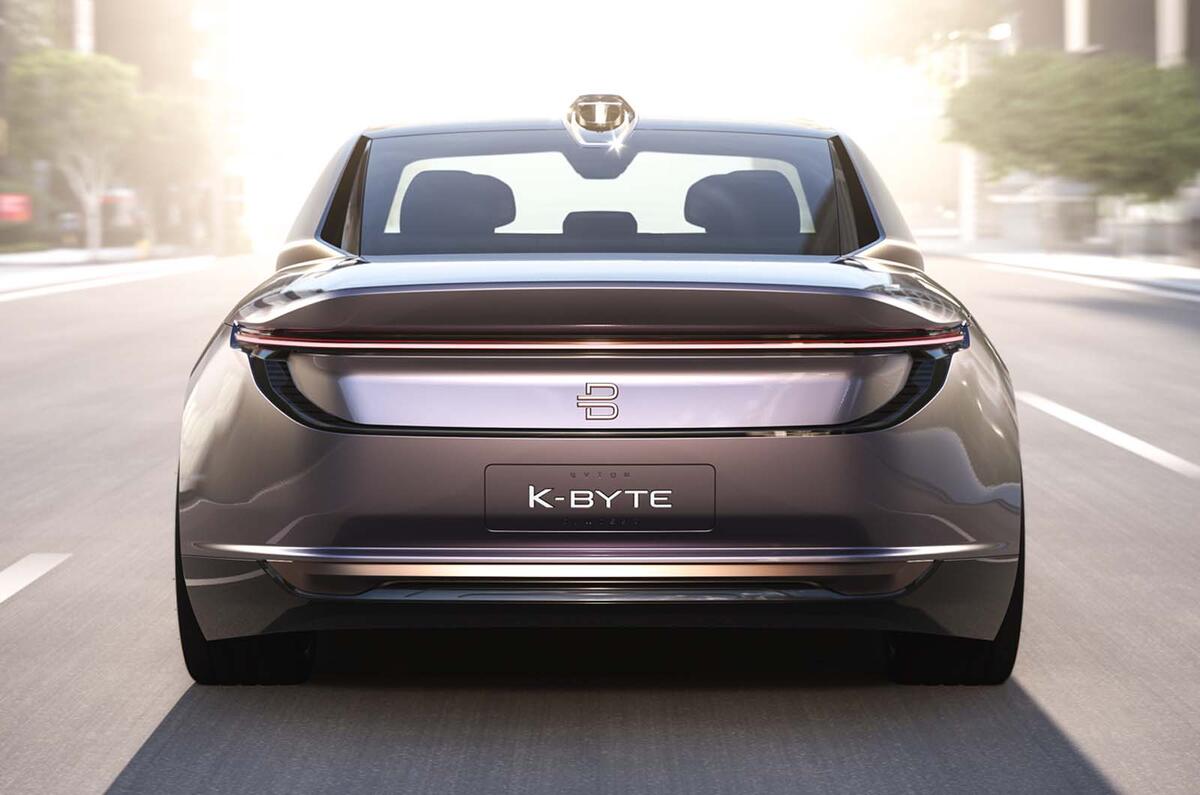
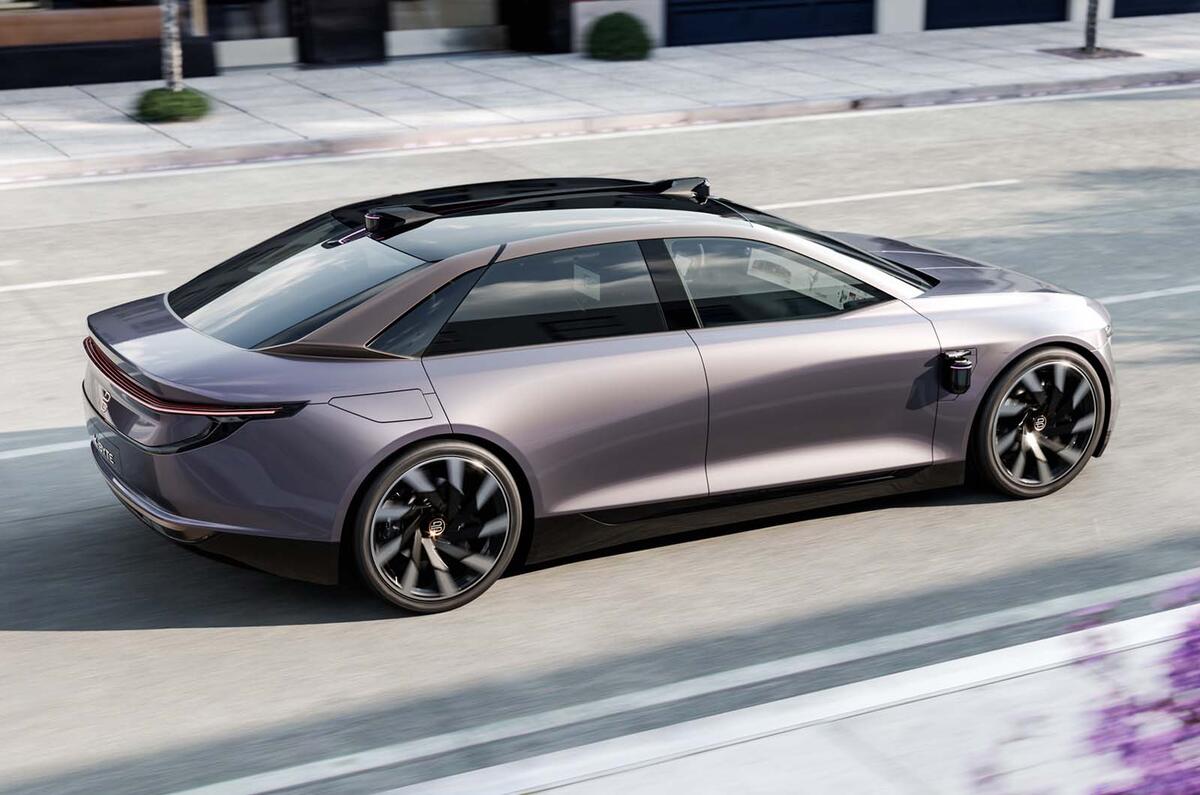
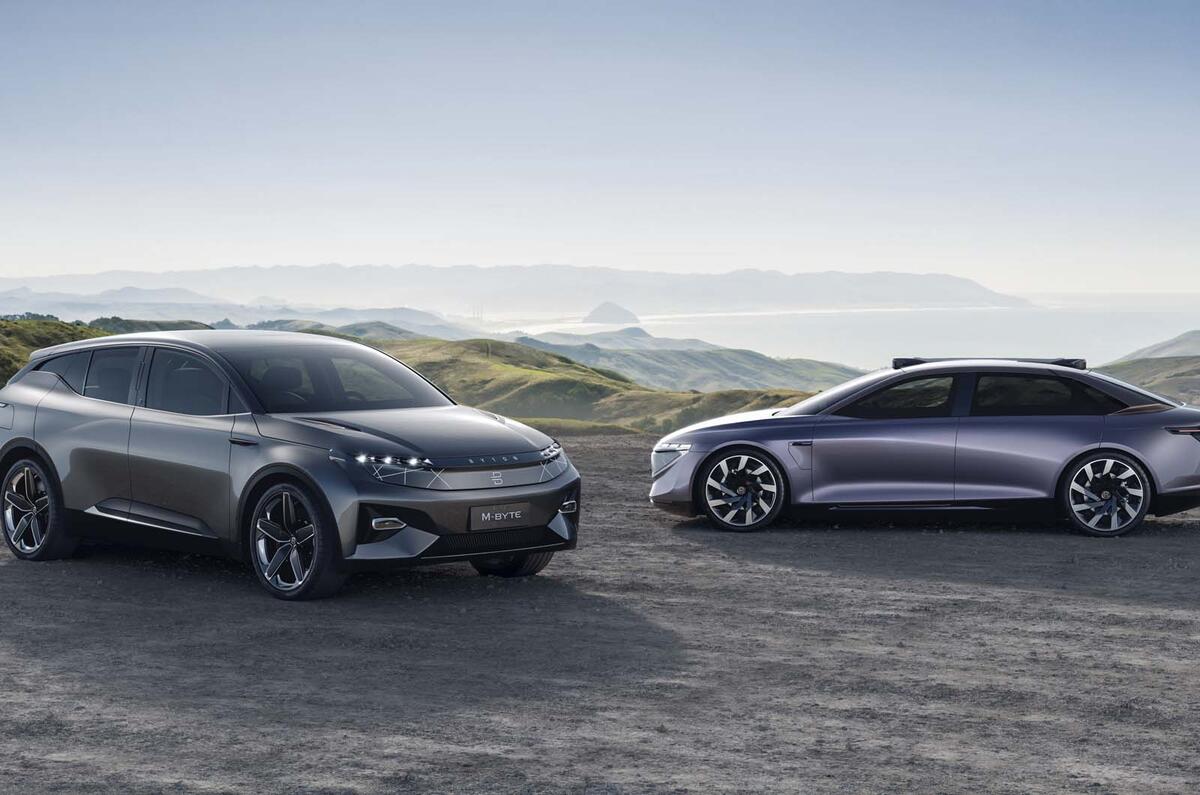
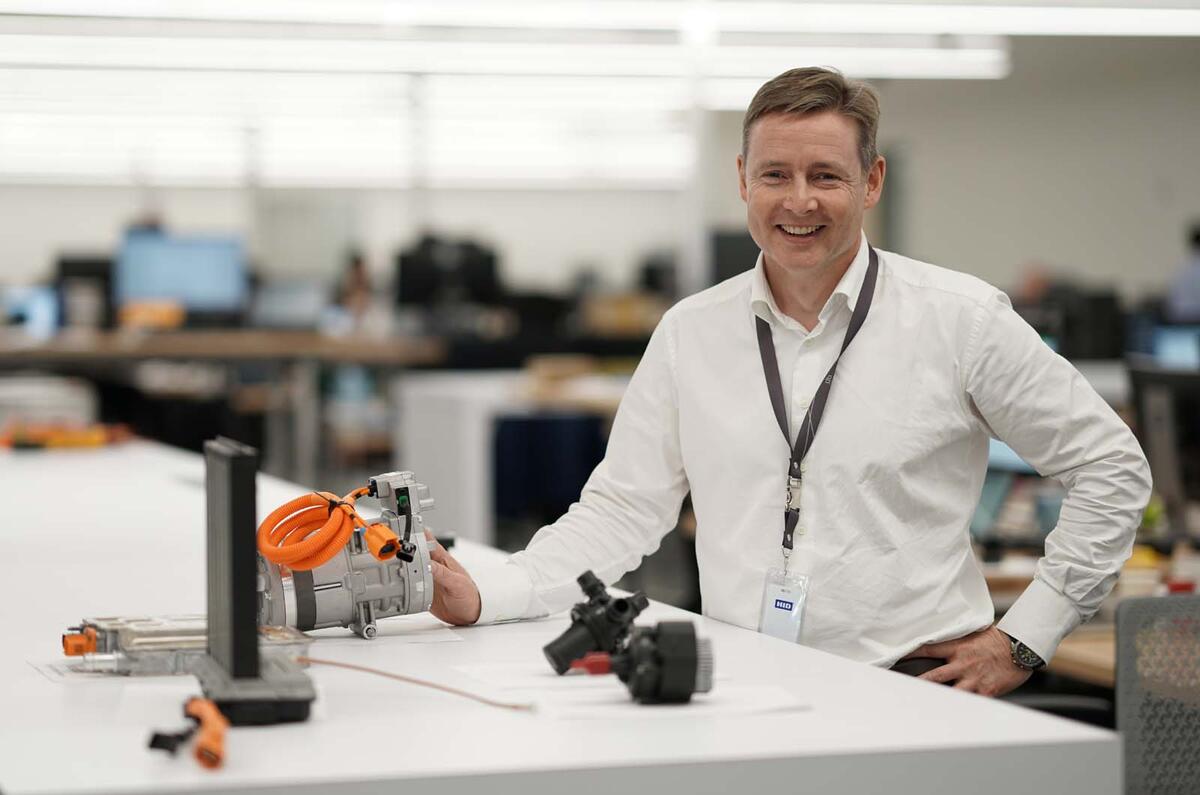
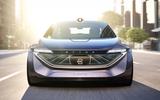
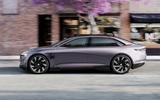
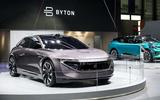
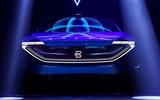
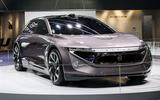
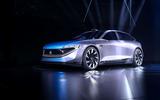
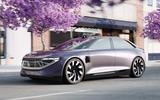
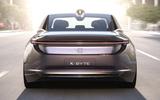
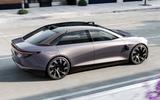


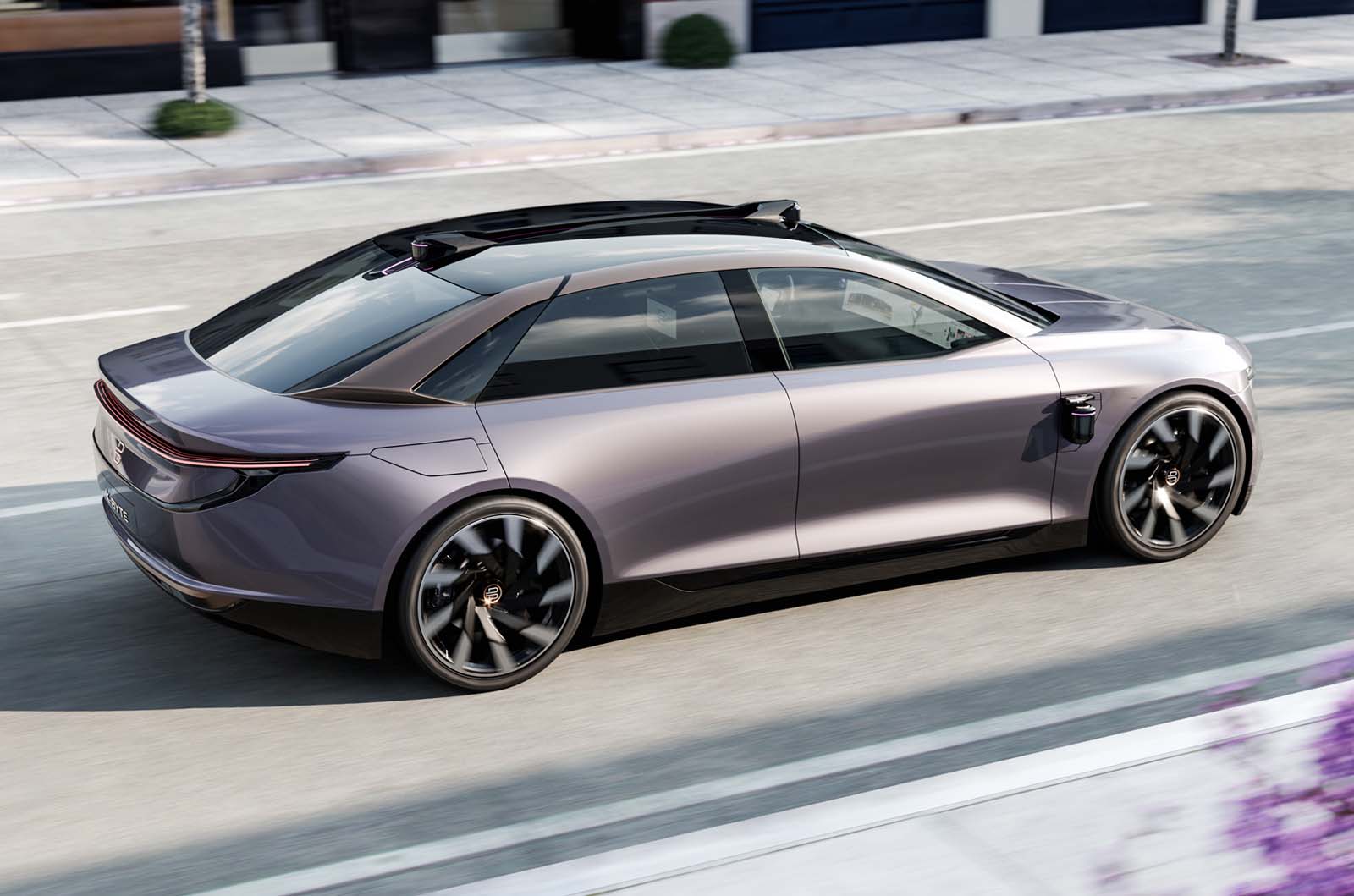
Add your comment